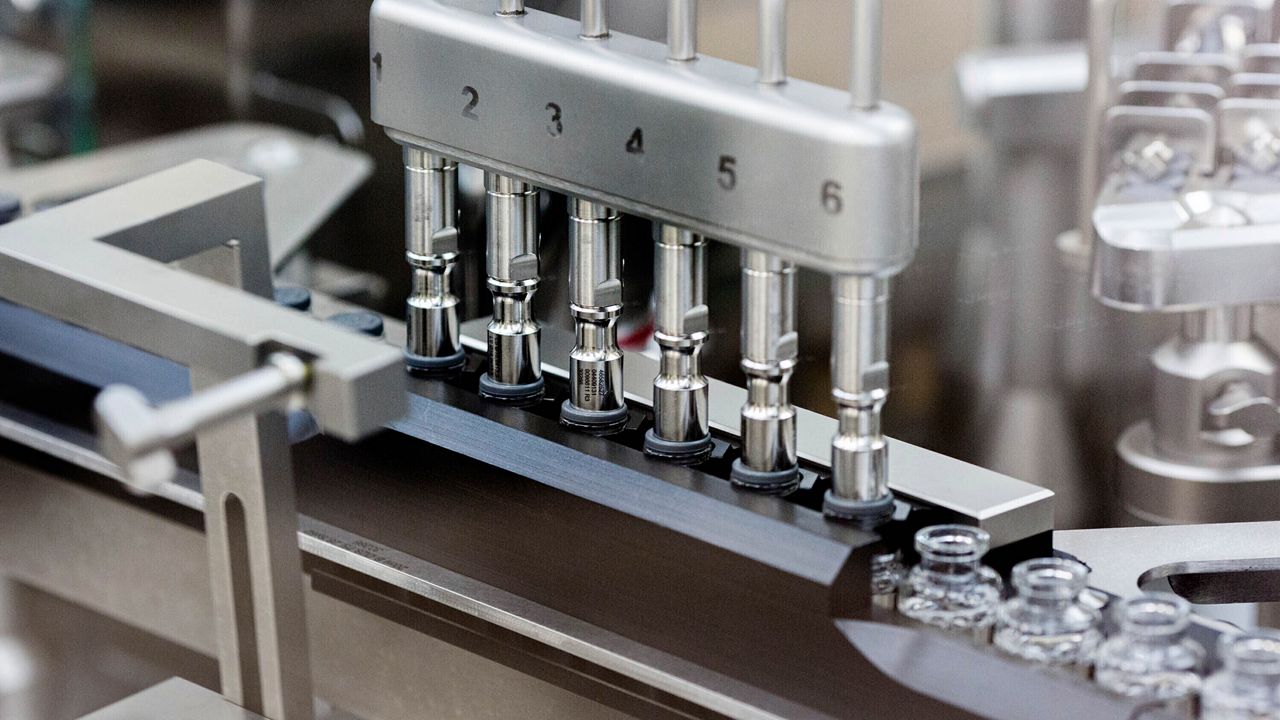The U.S. Food and Drug Administration on Monday authorized the use of Veklury, more commonly known as remdesivir, to treat COVID-positive children as young as 28 days old and weighing at least 7 pounds at the time of treatment.
The treatment, an antiviral medicine given to hospitalized or high-risk patients through an IV, can now be used for all children who meet the age and weight criteria who are either hospitalized with COVID-19, or for those who are not hospitalized but who are at high risk for “progression to severe COVID-19” due to underlying conditions.
Remdesivir was the first drug approved by the FDA to treat severe COVID-19 in October 2020. At the time, Veklury was approved for people at least 12 years old and weighing at least 88 pounds who were hospitalized with a coronavirus infection. For patients younger than 12, the FDA still allowed the drug’s use in certain cases under a previous emergency authorization.
Monday’s decision from the FDA makes Veklury the only fully domestically-approved SARS-CoV-2 treatment for children younger than 12 years old.
“As COVID-19 can cause severe illness in children, some of whom do not currently have a vaccination option, there continues to be a need for safe and effective COVID-19 treatment options for this population,” Patrizia Cavazzoni, director of the FDA’s Center for Drug Evaluation and Research, wrote in a statement. “Today’s approval of the first COVID-19 therapeutic for this population demonstrates the agency’s commitment to that need.”
Officials stressed that a Veklury treatment is “not a substitute for vaccination in individuals for whom COVID-19 vaccination and booster doses are recommended.” But the United States has yet to formally approve a COVID-19 vaccination for children under the age of five years old.
The treatment was approved for use in children after the results of a phase 3 clinical trial in adults, as well as a phase 2/3 clinical study of 53 pediatric patients whose results after receiving the antiviral drug were “similar to those in adults.”
Potential side effects of the treatment regimen, made by California-based Gilead Sciences Inc., include increased levels of liver enzymes, allergic reactions, rash, nausea, sweating, shivering and more.
The drug works by inhibiting a substance the virus uses to make copies of itself. Certain kidney and liver tests are required before starting patients on it to ensure it’s safe for them and to monitor for any possible side effects. And the label warns against using it with the malaria drug hydroxychloroquine, because that can curb its effectiveness.
The Associated Press contributed to this report.



